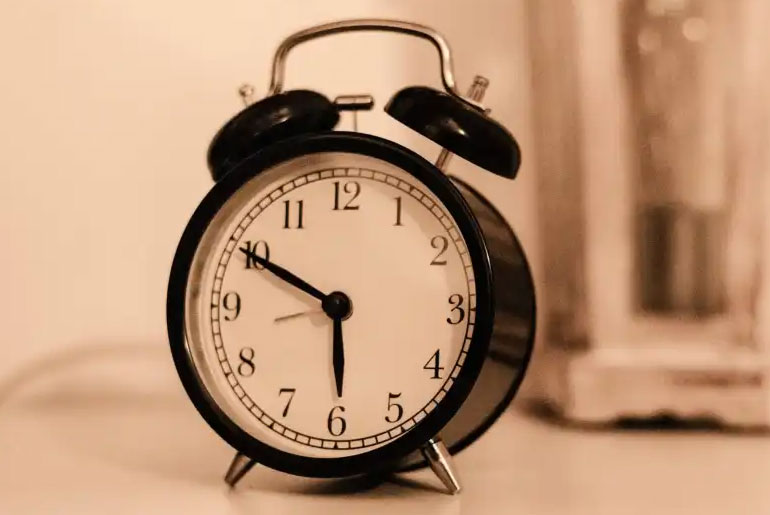Influencer Ashton Hall follows an intense and highly disciplined morning routine that begins before 4 a.m. Starting with brushing his teeth, he incorporates a wide range of wellness and productivity habits including swimming, meditation, journaling, rubbing his face with a banana peel, weightlifting, and submerging his face in ice water—all before having breakfast around 9:30 a.m. His routine reflects a strong commitment to self-care, mental clarity, and physical fitness.
The Importance of a Morning Routine
You don’t need to cram your morning with numerous activities, but it’s beneficial to reevaluate how you start your day, says Kaur, an anxiety expert. A relaxed and structured morning can significantly improve your mood and energy levels throughout the day. Kaur emphasizes that beginning your day on a positive note makes you feel organized and mentally prepared.
Why a Morning Routine Works
According to Shawn McClean, a professor of workplace psychology at The University of Oklahoma, our mental energy is limited. Because of this, the brain prefers to conserve energy by following routines — these act as mental shortcuts.
- We are “cognitive misers,” meaning we avoid spending mental energy on unimportant decisions.
- A consistent morning routine frees up cognitive resources for more complex tasks later.
- McClean’s research shows employees with a stable morning routine tend to be calmer and more productive throughout the day.
- Disruptions in the morning (e.g., forgetting your child’s school activity) can throw off your entire day and leave you feeling mentally drained.
What Defines a “Good” Morning Routine?
McClean notes that most people follow automatic routines they’ve never consciously designed. The key is to make your routine intentional and supportive of your day.
- A “good” routine varies from person to person—there’s no universal formula.
- However, destructive routines (like rushing out the door every day) can spike stress hormones and lead to anxiety.
- Kaur points out that rushing increases cortisol levels, which can mimic the effects of coffee on an empty stomach, leaving you anxious and restless.
How to Create a Better Morning Routine
If your mornings are often chaotic, Kaur offers some practical tips:
- Wake up 30 minutes earlier to reduce stress and avoid rushing.
- Avoid hitting snooze—snoozed sleep is often fragmented and may make you more groggy.
- Add 2–3 simple mood-boosting activities, such as:
- Make your bed: This small act provides a sense of accomplishment and can release dopamine, a feel-good hormone.
- Drink water: After 7–8 hours of sleep, your body is dehydrated. Rehydrating helps you feel more alert.
- Delay caffeine until after eating to reduce jitteriness and support more stable energy levels.
- Get natural light exposure within the first hour of waking up. A short walk outside—even if it’s cloudy—helps regulate your circadian rhythm, boosting wakefulness and alertness.
A thoughtfully constructed morning routine sets the emotional and mental tone for your day. It’s not about perfection or productivity overload—it’s about creating optimum conditions for feeling grounded, energized, and focused. Small, consistent actions can go a long way in improving daily well-being.
Disclaimer:
The information contained in this article is for educational and informational purposes only and is not intended as a health advice. We would ask you to consult a qualified professional or medical expert to gain additional knowledge before you choose to consume any product or perform any exercise.







